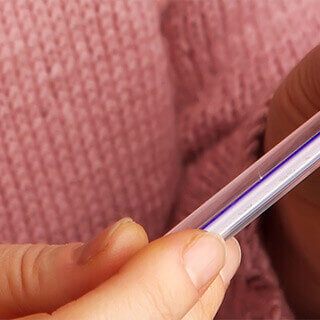New Test Accurately Predicts Risk of Breast Cancer Relapse
 Researchers have discovered a way to accurately predict which breast cancer patients are at risk for relapse, a finding that could spare thousands of women each year from unnecessary treatment.
Researchers have discovered a way to accurately predict which breast cancer patients are at risk for relapse, a finding that could spare thousands of women each year from unnecessary treatment.
This gene signature test “would enable oncologists to identify those at very low risk of relapse, for whom the risk-benefit ratio might be in favor of withholding chemotherapy, and to identify patients in this low-risk group who would benefit from more aggressive treatments,” explains Dr. Alain Nepveu, a McGill researcher and co-author of the study. “Since many treatments are associated with short- and long-term complications including premature menopause, cardiotoxicity, and the development of secondary cancers, risks must be balanced against the potential benefit for each patient to avoid unnecessary suffering, needless expense, and added burdens on the health-care system.”
It is widely known that some cancers respond to certain treatments while others do not. Close to half of breast cancer patients belong to a group – defined as “estrogen receptor positive/lymph node negative” – that is at low risk of relapse.
The majority of patients in this group may not require any treatment beyond the initial removal of the tumor, while a small minority should receive additional treatment.
While more research is needed before the test is ready for market and incorporated into diagnostic procedures, Nepveu suggests it has the potential to be in use within five years.
For more information about these findings, visit the Proceedings of the National Academy of Sciences of the United States of America.
February 18, 2011







